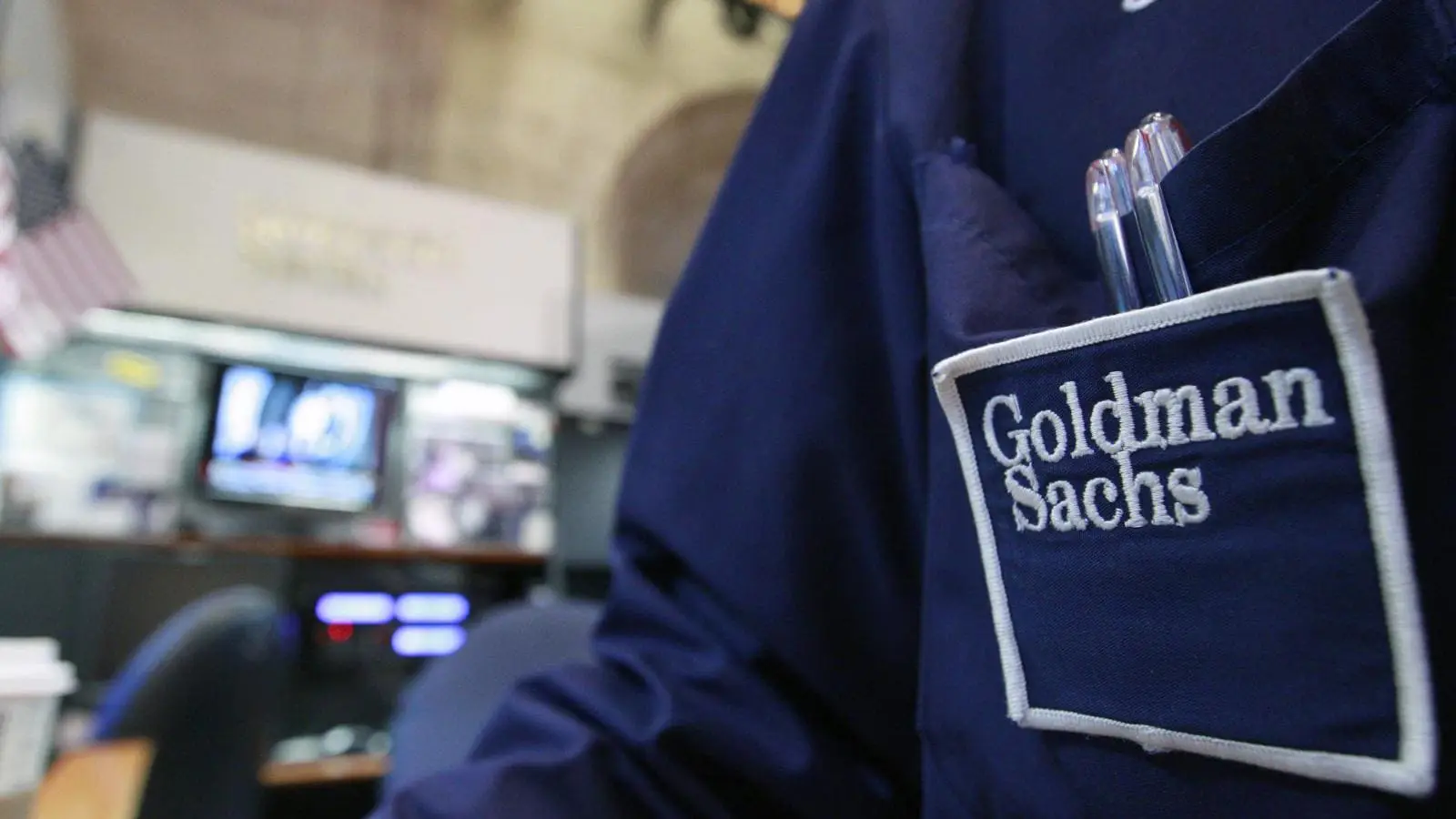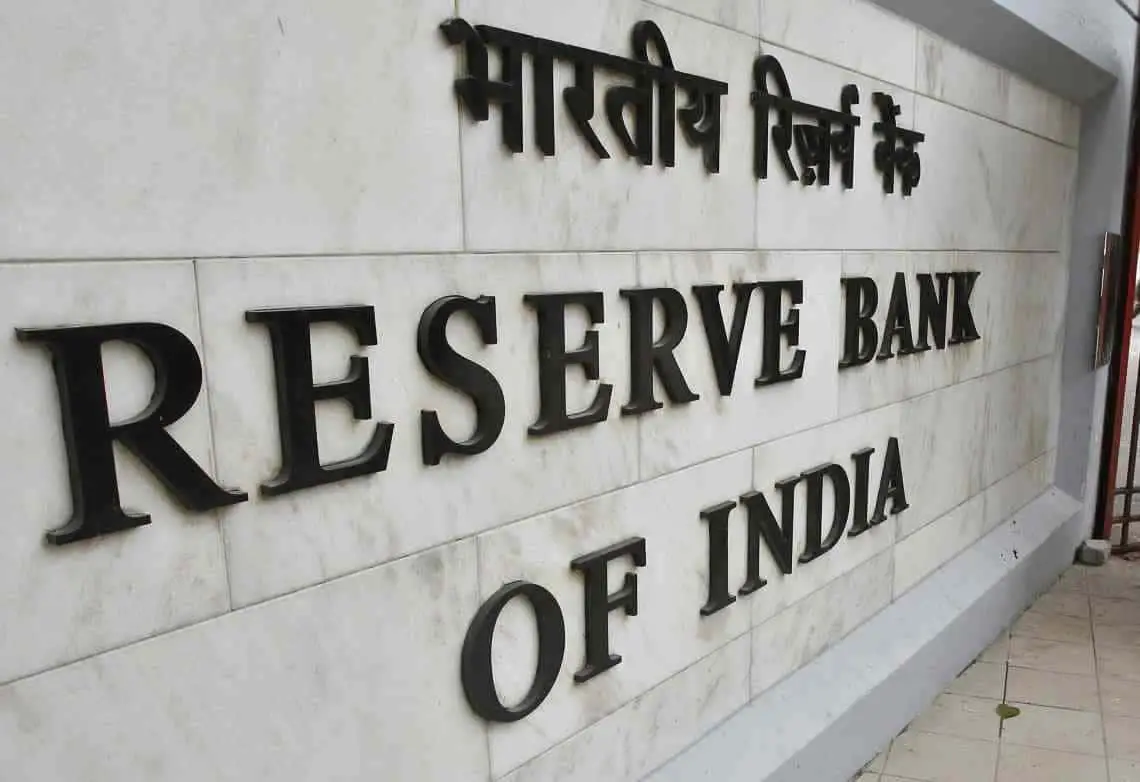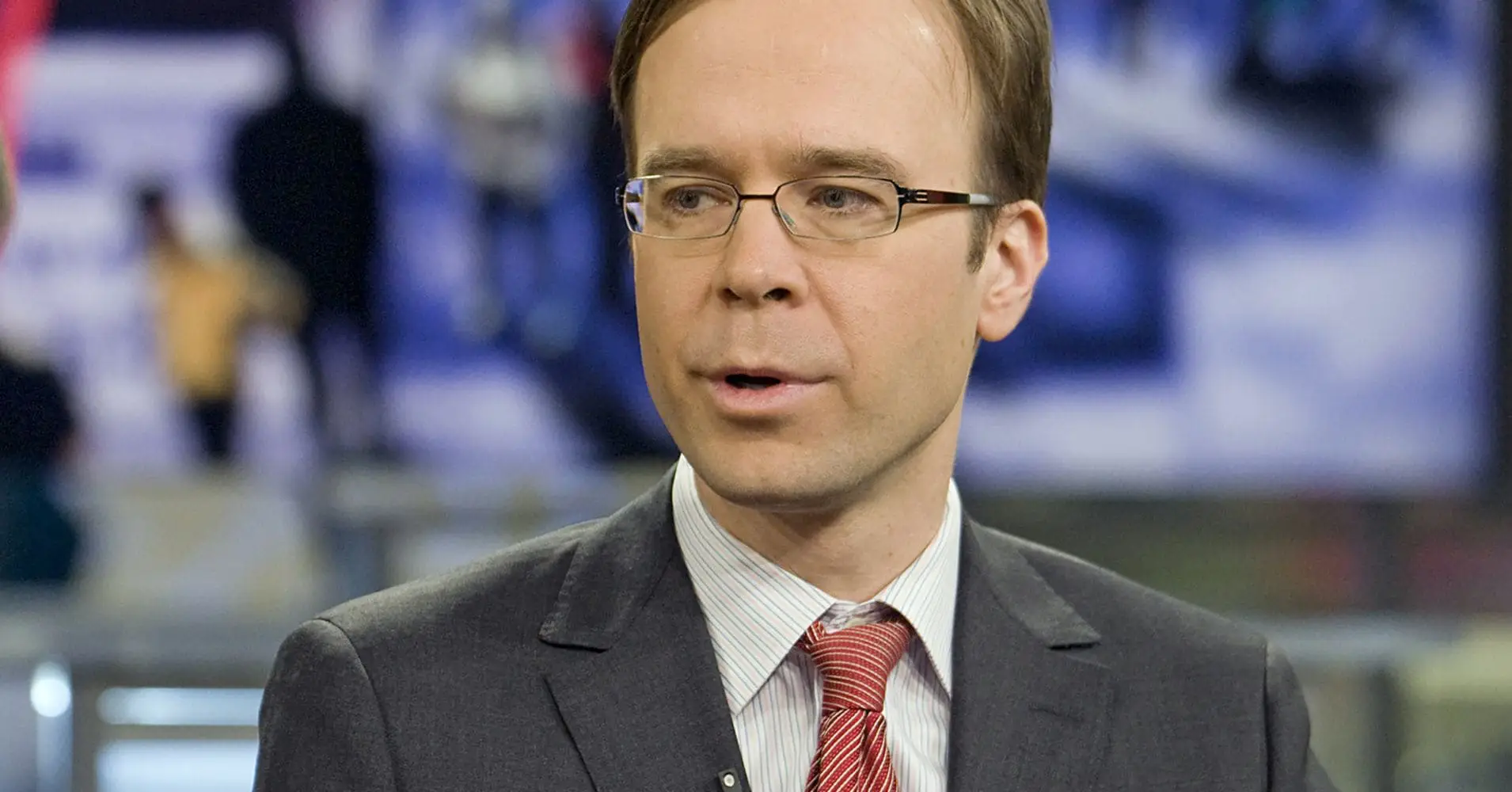Goldman Sachs Advises not to worry about Recession

After the Chinese consumption, as well as its economy’s growth, fell, the fear of recession is again looming in Wall Street. Adding to the woes, trade scuffle between the countries and measures like Brexit are taking more fierce shape.
But, the economists at Goldman Sachs are not very concerned about this. The experts at the bank said U.S. economy is less prone to recession than it has been in the past, thanks to a confluence of factors that have emerged during the Great Moderation. Great Moderation refers to controlled growth with less volatility that has prevailed through much of the period since the mid-1980s, with some obvious exceptions.
Though many recessions have primarily impacted the United States in the past, Goldman Sachs considers today’s economy of 2019 can bear the shocks that would trigger negative growth.
Jan Hatzius, the firm’s chief economist, said in a research note said that the changes underlying the Great Moderation appeared mostly intact, and some had even strengthened. He also added that a look back at 100 years of US recessions suggested that several of the most important historical causes were less threatening today. While some new risks had emerged, on the net we would experience the US economy as structurally less recession-prone than in the past.
This argument is not free of contention. There are loads of experts in the market who believe the opposite.
Billionaire investor Ray Dalio of Bridgewater Associates said he sees a significant possibility of a recession in 2020. Fellow hedge funder Seth Klarman recently warned clients of a financial crisis in the making. And even J.P. Morgan Chase CEO Jamie Dimon said that if policymakers would not fix what’s wrong that the economy could find some rough times to go through.
Hatzius and his team, though, said the five conventional five traditional recession causes are today not as bad as it used to be before. These five causes are industrial shocks and inventory imbalances, oil shocks, excessive inflation, financial imbalances, and fiscal tightening. And among these five risks, financial imbalances and asset bubbles are probably the biggest, but the recent data on these two fronts do not appear frightening.
The Danger-
Hatzius wrote that the classic risks of financial imbalances and asset bubbles could re-emerge, and both the growing financialization of the US economy and the increased global transmission of financial shocks could present complete new risks. He also added that risk from financial imbalances seemed to be in abeyance in the next couple of years, partly because of crisis-induced caution on the part of households, firms, and regulators.
As per him, more importantly, the private sector remains in perfect financial shape and looks much less vulnerable to a decline in asset prices or a tightening in lending standards than in the last couple of cycles.
However, investors are worried about exogenous shocks like the U.S. trade war with China, uncertain geopolitical events like Brexit and weakening corporate earnings that suggest the 2017 tax cut boost may be waning.
Goldman also looked through the last century of recession history and found that they primarily fell into the causes mentioned above.
And taking the causes individually, the economists found that industrial imbalances and inventory shocks are no more prevalent now that companies have gotten more efficient at calibrating inventories; oil shocks are less of a danger now that the U.S. has become more energy self-sufficient; fiscal tightening generally has happened only around “major post-war demobilizations” that haven’t occurred since the Korean War ended; and financial risk, while the cause of the Great Recession, is not prevalent today with the safeguards built into the banking system after the 2008 crisis.
Hatzius said that the forecasts are getting more favorable with economist outlooks pointing to a 25 percent chance of a pullback and market-priced risks around 50 percent.
He added the chances of new risks’ emergence are high, and none of the leading causes of recent recessions is to concern for now. So the avenue for a softer landing looks brighter.




